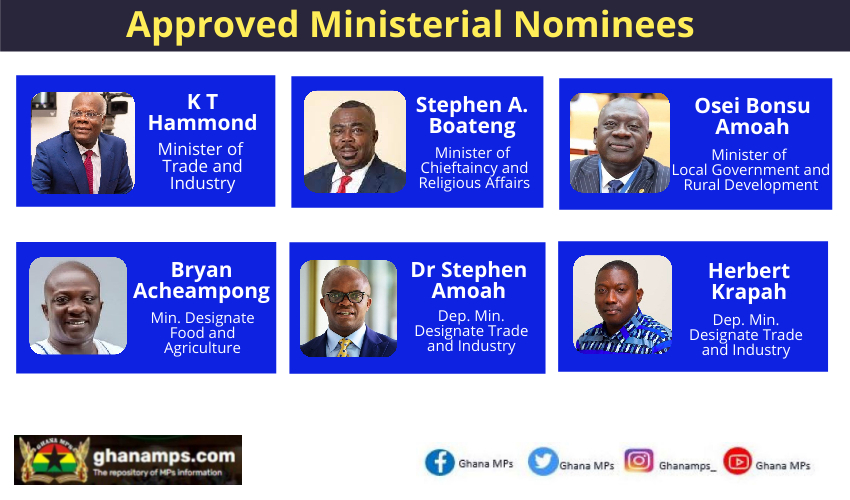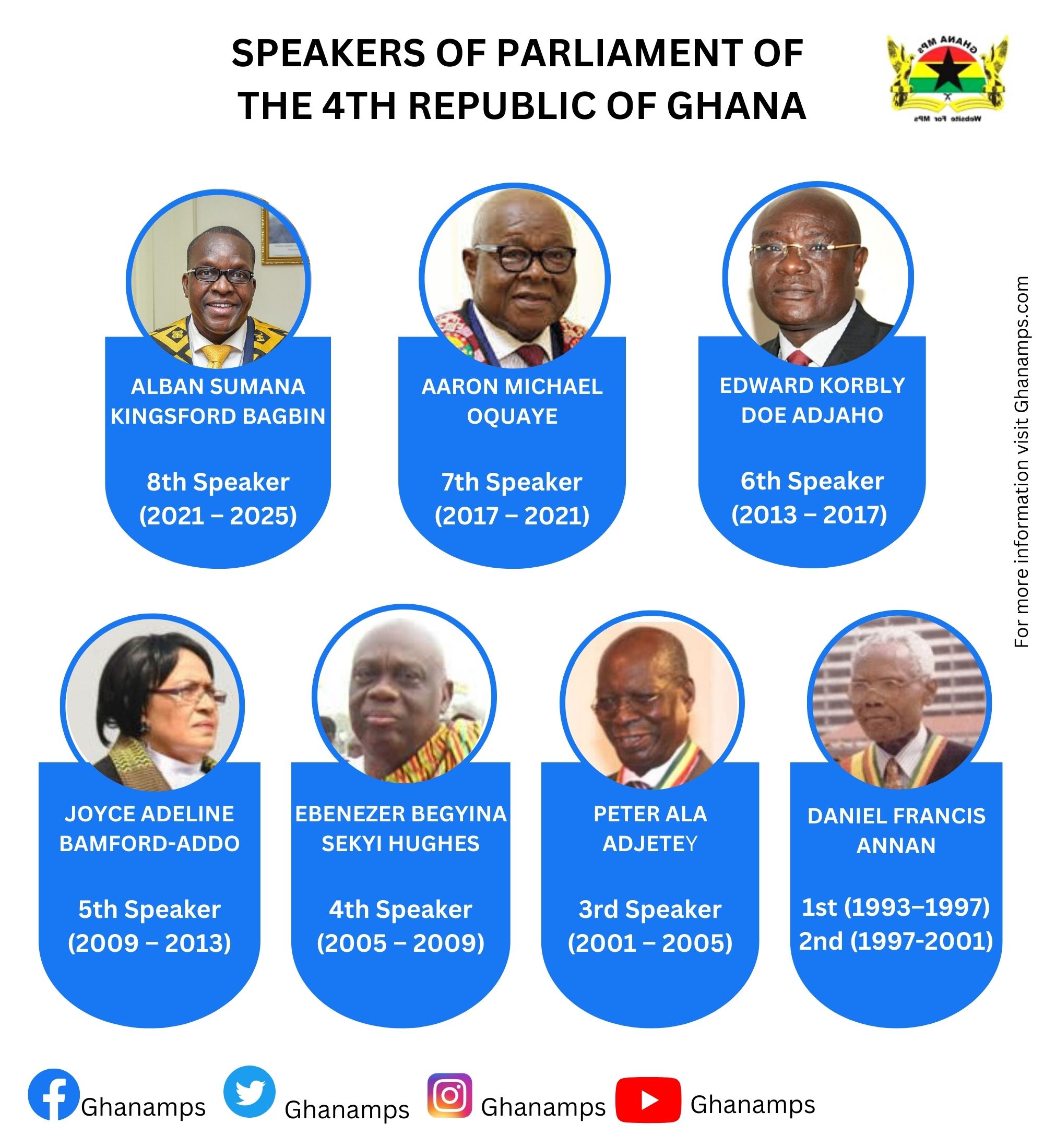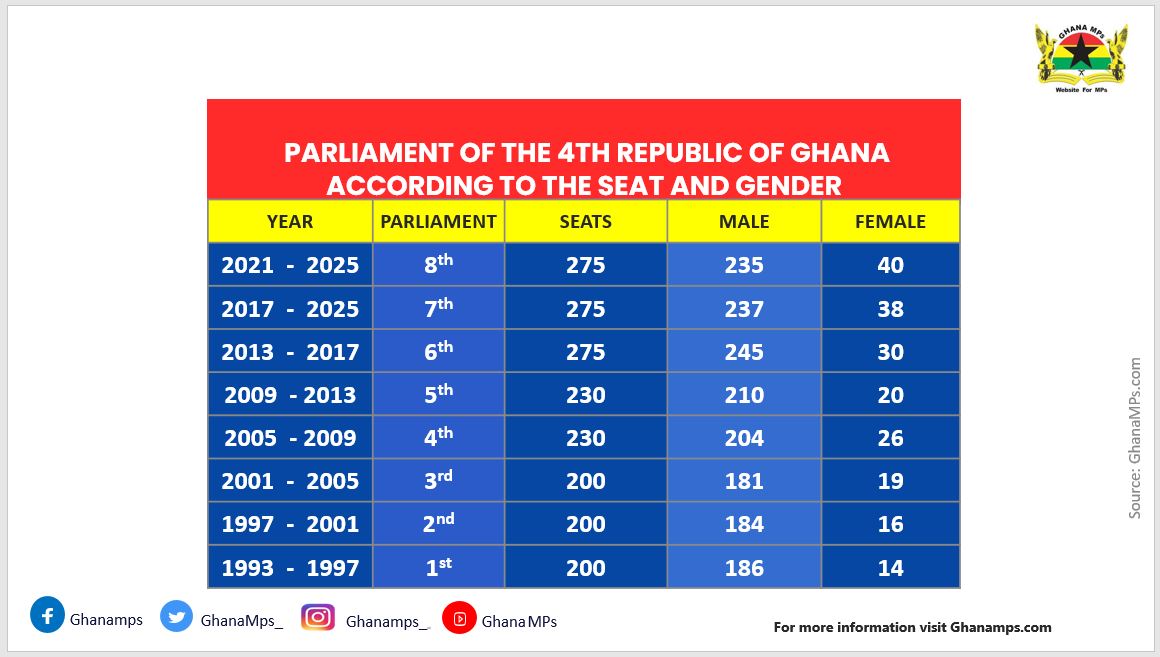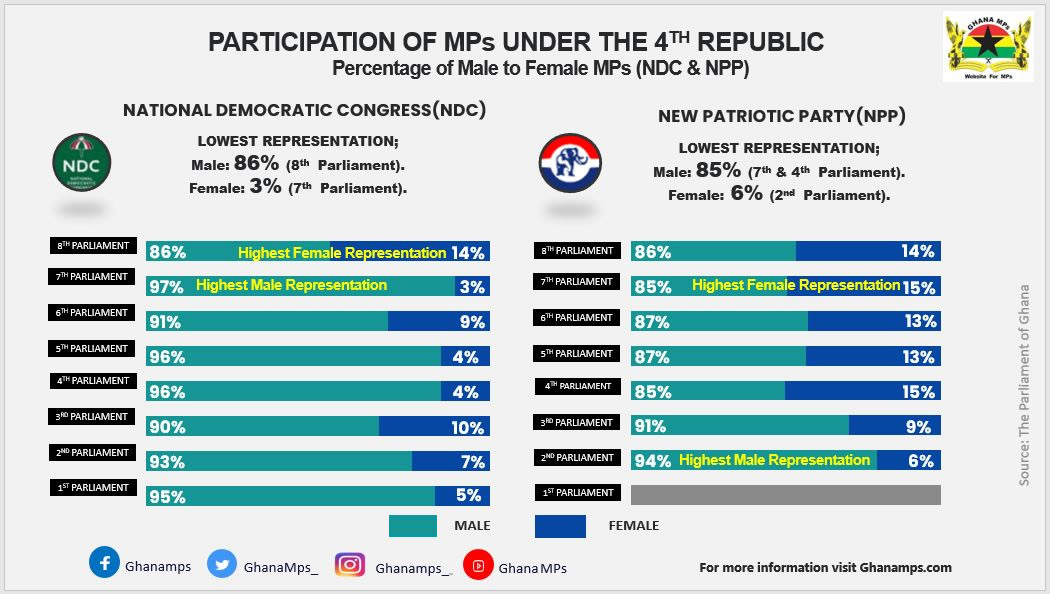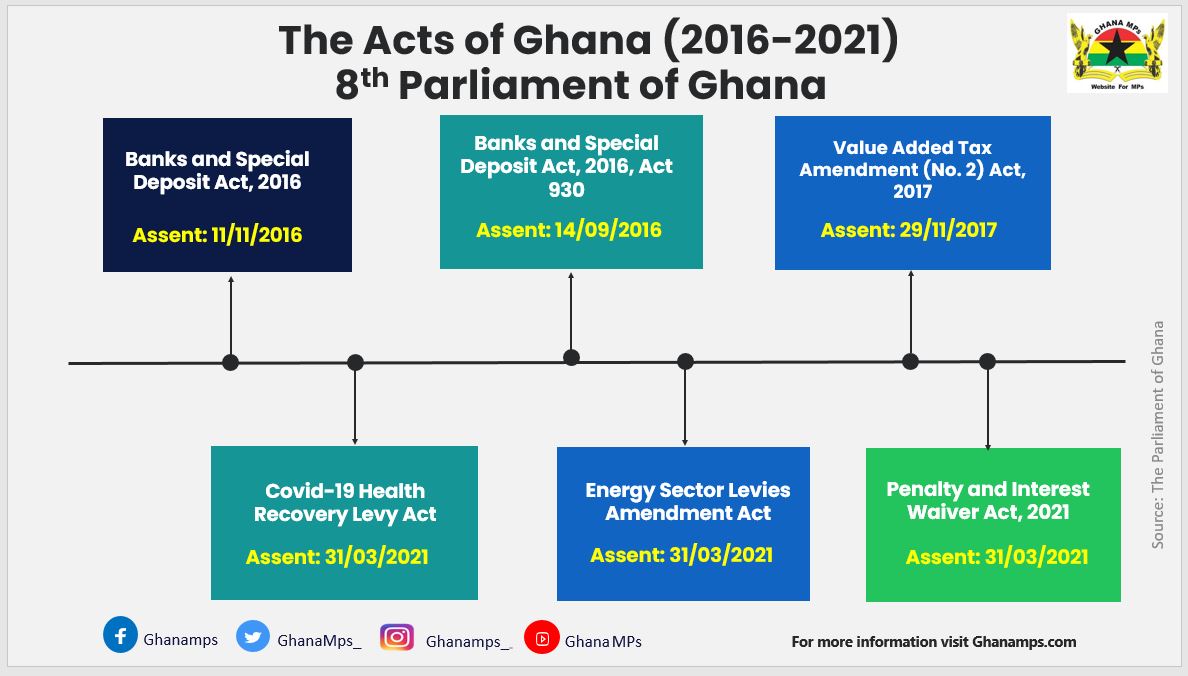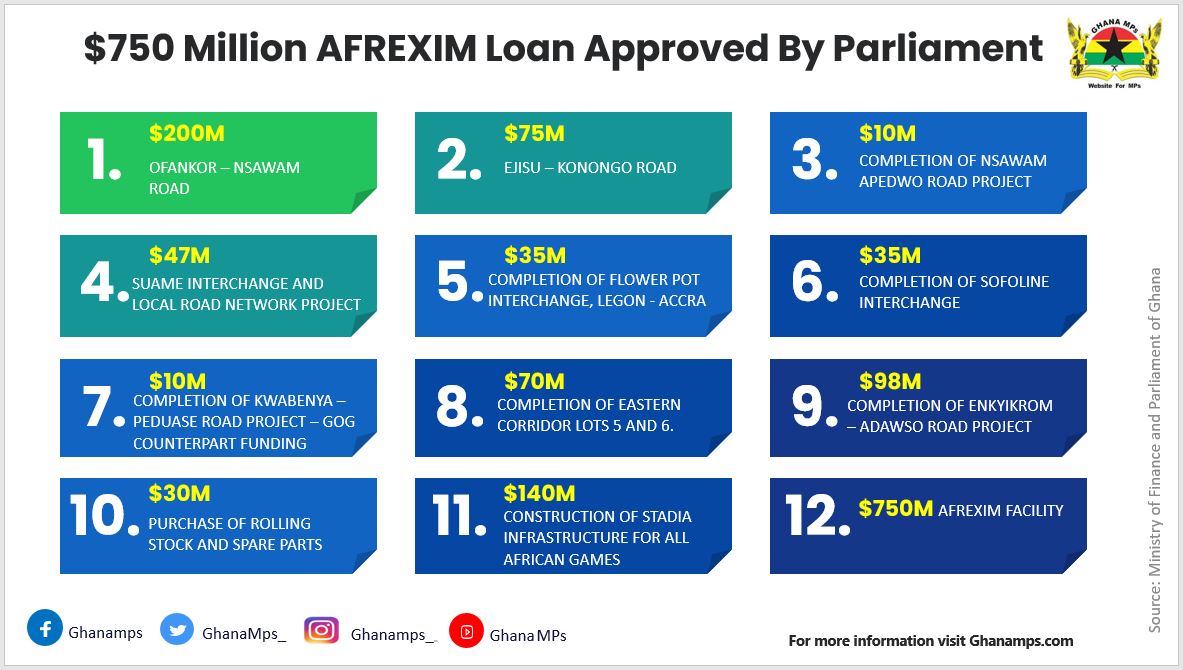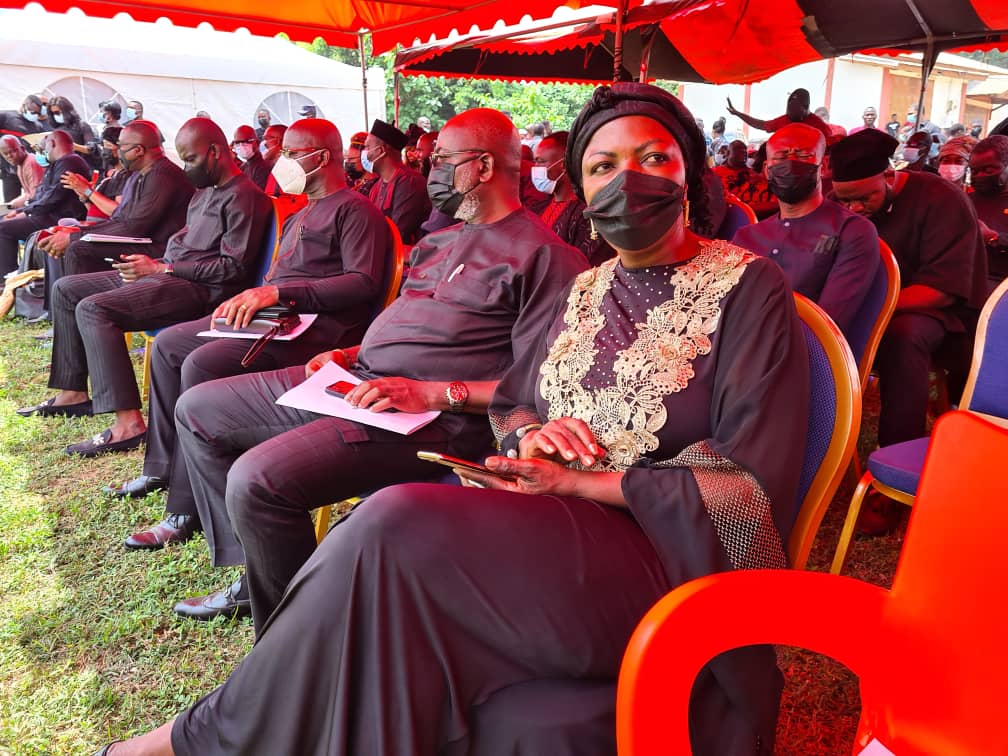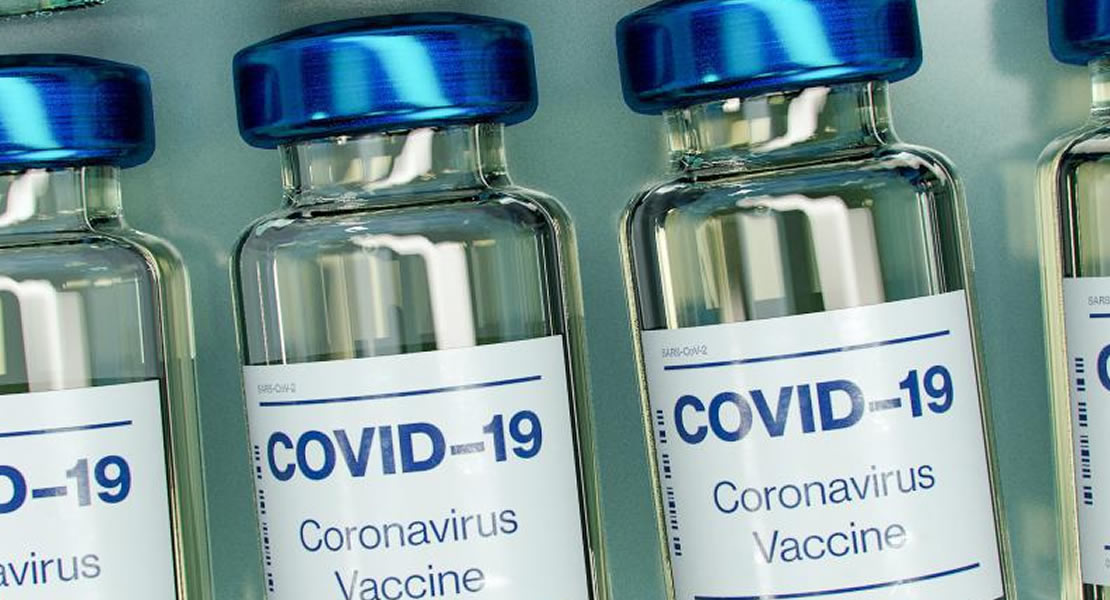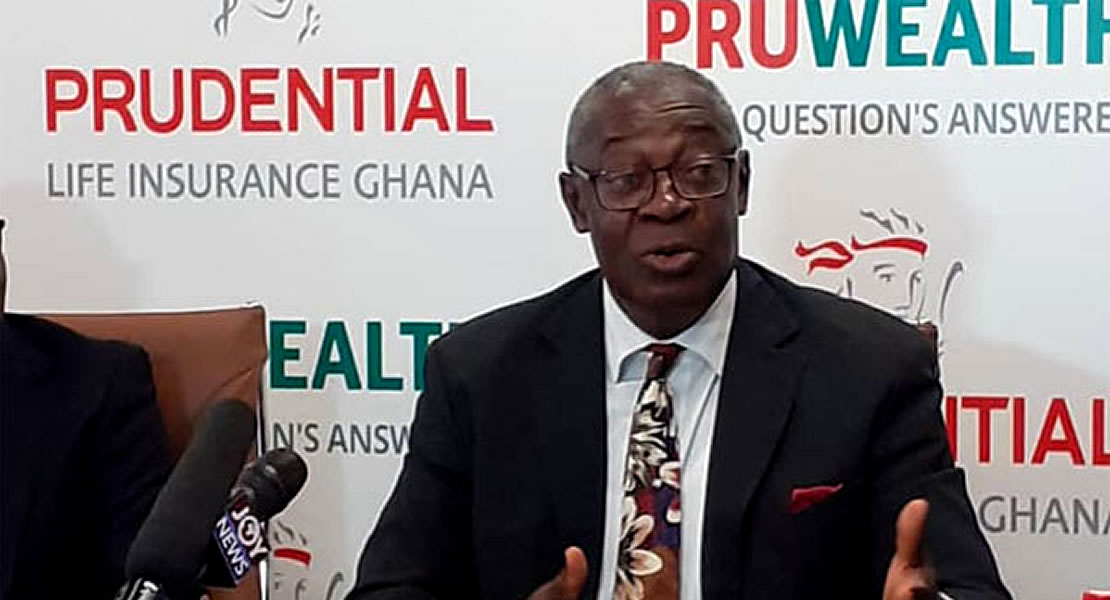A fellow of the Ghana Academy of Arts and Sciences, Prof. Agyemang Badu Akosah has described Ghana’s Parliamentarians as a bunch of very corrupt people who are out there to enrich themselves.
According to him, his judgment of the country’s Legislators is based on personal experience he has had with them while serving in Public Service as a Director General of the Ghana Health Service.
Speaking to Fiifi Banson on Anopa Kasapa on Kasapa 102.3 FM, Prof. Agyemang Badu Akosah condemned the attitude of Members of Parliament where they always scheme to get monetary gains out of their constitutionally mandated function as law makers.
“I don’t trust our Parliamentarians; I’ve been a senior public servant before. Look, take your law to Parliament,……. what you have to do even before your case goes to the sub-committee for discussion. I say this and I don’t fear being hauled before the Privileges Committee. The fact of the matter is that this is exactly what happens”.
He added: “They are a very cozy political class and they look after themselves very well, as in remuneration and giving monies to themselves, after all the Majority Leader Alban Bagbin himself has said there is corruption in Parliament and I have no doubt about that.”
The trained Pathologist noted: “If you enact a law and Health Service has Bills before you and even approval of budget for Ministry of Health, you’ll have to send the Health Select Committee of Parliament somewhere for a workshop to scrutinize the budget, why? Just because of per diem for some five days for the committee members before they’ll approve your budget. That is why you can’t restrict them; one committee has so many members and interestingly when they come for the workshop, just one or one and half days they vanish”.
Prof. Agyemang Badu Akosah stated that he cannot wait to see the revelations that will come out from ace investigative Journalist Anas Aremeyaw Anas’ investigation of Parliament.
“I hear Anas has investigated Parliament, eii God….God… God, hmm, we wait to see what will be unearthed”.
GhanaMPs.gov.gh/Kwadwo Anim

